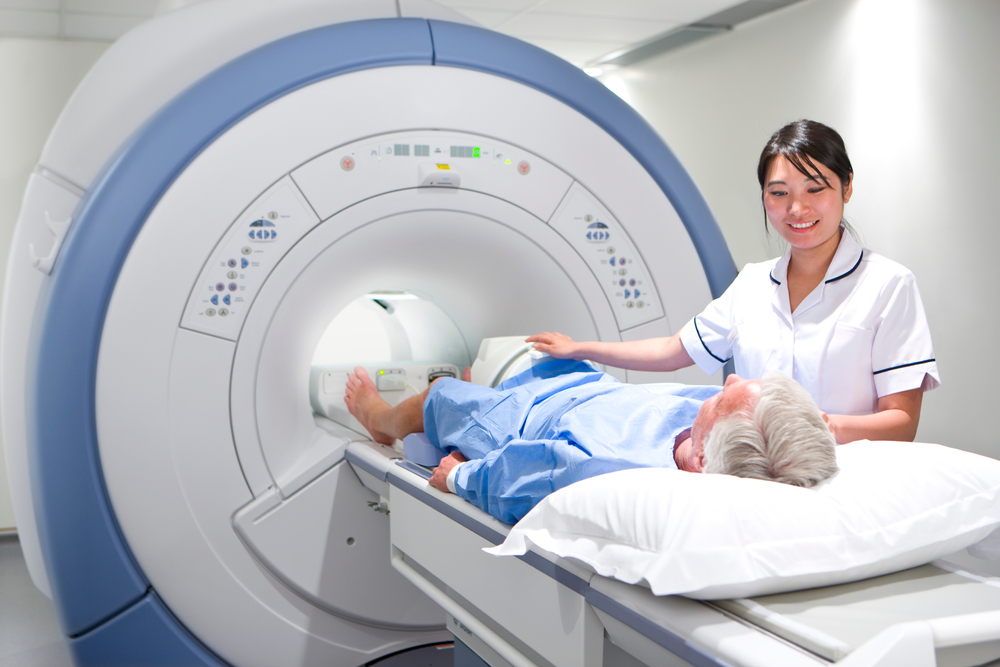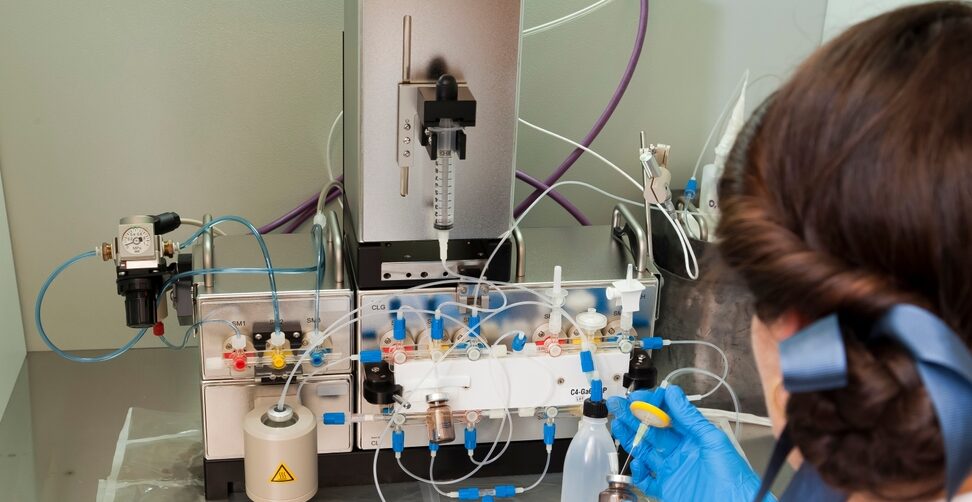Science
Celebrating Black History Month: The Achievements of Black Doctors in Medicine
Black history month is a time to celebrate the many contributions of African Americans throughout history. In the field of medicine, black doctors have made significant strides in advancing healthcare for all. From breaking barriers to creating groundbreaking medical innovations, these individuals have left an indelible mark on the industry. 1) Dr. Charles Drew…
Read MoreEzra’s AI-Powered Tool for Whole-Body MRI Scans Receives FDA Clearance
Medical imaging techniques have played a crucial role in the early diagnosis of medical conditions, including cancer, heart diseases, and neurological disorders. However, the traditional MRI scan process can be time-consuming and expensive. But what if an AI-powered tool can significantly shorten the process and help detect medical issues early? The startup’s AI-powered product,…
Read MoreAI Matches Radiologist Performance on Mammograms and DBT Exams: A Meta-Analysis
The ever-increasing rate of breast cancer cases around the world has made mammography an essential screening tool for identifying the early stages of the disease. However, the accuracy of mammograms can vary from one radiologist to another, and the interpretation of images can be tedious and subjective. This has led to the development of artificial…
Read MoreVertical Integration: A New Approach to Tackling Contrast Shortages in CT Imaging
The worldwide shortage of imaging contrast agents last year left medical providers struggling to provide proper diagnostic care for their patients. In response, North American pharmaceutical provider Voyageur Pharmaceuticals has implemented a new approach to tackle the shortage head-on. By using barium and iodine sources in Canada and the United States, the company has created…
Read MoreArtificial Intelligence Can Aid Early Detection of Malignant Liver Tumors
Early detection of malignant liver tumors is crucial for improving a patient’s prognosis. The most common malignant liver tumor is hepatocellular carcinoma, which is often diagnosed too late because of the difficulty in distinguishing between it and other liver conditions. It’s often said that “time is liver” – delay in identifying and treating hepatocellular carcinoma…
Read More



